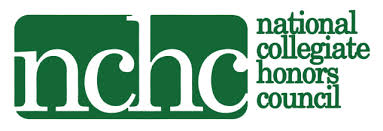This Class is a Joke: Satire and Society
Seminar - UHON 301
Instructor(s): Richard Obenauf
Course Description
Trevor Noah and Samantha Bee are the latest in a long line of satirists who use humor to explain and critique their societies. In this course, we will consider satire both as a literary mode and as a genre in which authors attempt to imitate and outdo their predecessors. Because it is written to delight and outrage such a targeted audience, satire is especially reflective of the society for which it was originally written.
While satirists generally write from a position of aggrievement, it takes considerable standing and safety to criticize the powerful by mocking them—particularly in societies without strong traditions of free speech—meaning that what satire survives by people with genuine grievances, including women and other minority voices, has often been so veiled as to be unrecognizable as satire, or too subtle to be accessible as such to later generations. The reading list reflects this practical constraint on the available materials—while nevertheless presenting students with works by authors whose experiences were entirely unlike their own. We will thus see how literary techniques and traditions that emerged in ancient Rome evolved to criticize church corruption at the end of the Middle Ages and spurred the Reformation, became a favorite genre of the Enlightenment, and has taken off with the rise of the internet.
A good time will be had by all.



Social Media
For news, information, prizes and more fun stuff follow us on our social media!
Honors College Resources